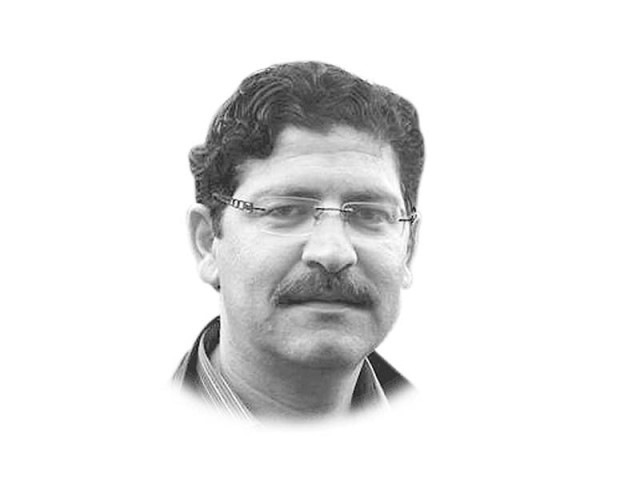Investing in teacher quality
Many public sector teachers don't have professional qualifications and are still using the same old methods

The writer is a Research Fellow at the Institute of Social and Policy Sciences in Islamabad. He tweets @abdullah_alam
This year, the Punjab government has allocated pre-service and in-service teacher training budgets of Rs1.26 billion and Rs3.19 billion respectively, showing a respective increase of five per cent and nine per cent over last year’s budget allocation. Khyber-Pakhtunkhwa has allocated a budget of Rs303.74 million for pre-service teacher training, highlighting an increase of five per cent in comparison with the allocated budget in 2014-15. On the other hand, a budget of Rs891.62 million has been earmarked for in-service teacher training in the province, presenting a decline of 15 per cent compared with the Rs1.05 billion allocated budget in 2014-15. Sindh has allocated pre-service and in-service teacher training budgets of Rs907.81 million and Rs858.03 million. Comparing this with the allocated budget in 2014-15, this represents an increase of 15 per cent and 53 per cent respectively. Earmarking an increase of 11 per cent and seven per cent respectively, Balochistan has allocated a budget of Rs454.04 million and Rs436.92 million for pre-service and in-service teacher training in 2015-16.
I recently talked to a public school teacher about the effectiveness of these funds in relation to the quality, curriculum and sustainability of the teacher training programmes in Punjab. It was refreshing to note that every three months, a professional development day is observed for primary school teachers in the province where they are instructed on ways to deliver lessons. However, when it came to the effectiveness of these programmes, the teacher appeared unconvinced when he said, “How can a one-day training suffice? Especially when the content taught is based on the premise that we are teaching highly motivated and able learners without even considering the actual situation in our classrooms.” The reality on the ground is that there are a huge number of students in classrooms with the teachers having to worry about students’ performance in examinations and not on their conceptual clarity. They have to make sure that their students do well in assessments because failing to do so might impact their salary increments. They would also be forced to undergo a month-long training in the summers.
An education sector is only as good as its teachers. It is time that we realise this and start investing in our teachers. Many public sector teachers do not have professional qualifications and the technological know-how that can make them aware of the developments in the teaching-learning processes. They are still using the same old methods without any motivation to learn new approaches. Professional teacher training programmes can improve teaching capabilities, motivate teachers and make them adept at transforming their classrooms into learning centres. Although professional development of teachers has a significant impact on student learning and achievement, the quality, curriculum and duration of these trainings is highly debatable in Pakistan.
Despite increasing budgets for teacher training, the effectiveness of these budgets remains questionable. A major portion of these are consumed in recurrent expenditures and there is not much actually spent on training programmes. Besides this problem, there are issues related to curriculum, duration and sustainability of teacher training programmes. All these issues need to be addressed for these programmes to have any impact on teaching quality.
Published in The Express Tribune, October 5th, 2015.
Like Opinion & Editorial on Facebook, follow @ETOpEd on Twitter to receive all updates on all our daily pieces.


















COMMENTS
Comments are moderated and generally will be posted if they are on-topic and not abusive.
For more information, please see our Comments FAQ